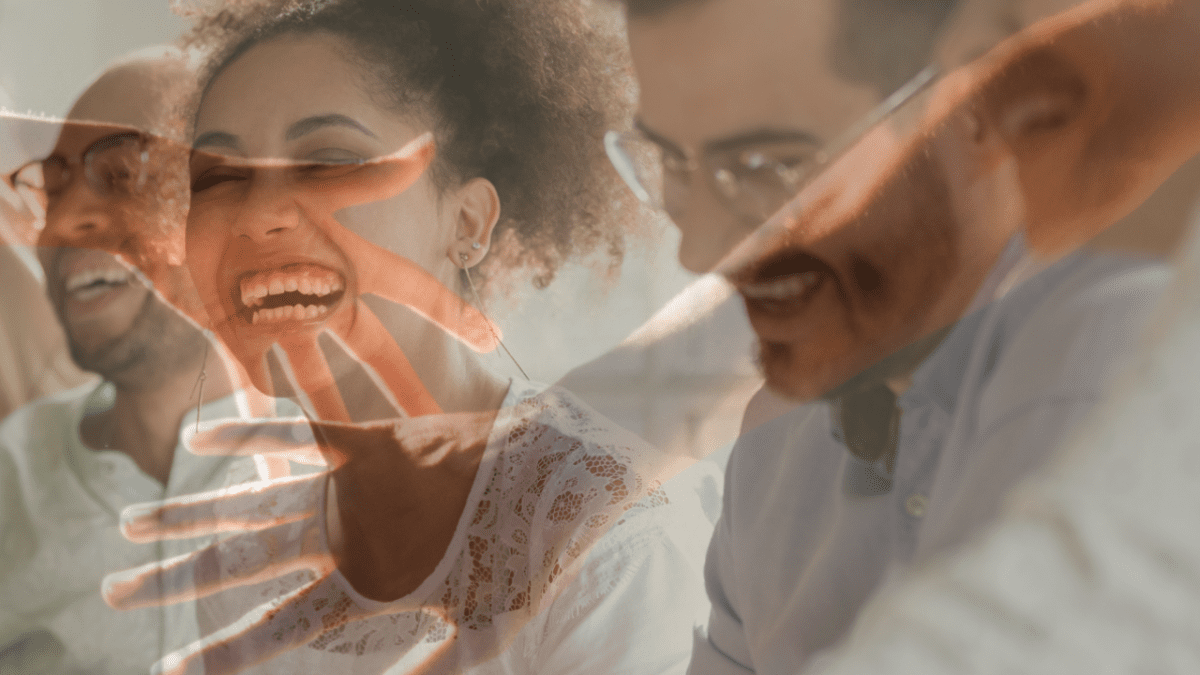Empathy is a valuable, measurable resource, but it’s far too absent from modern-day conversations. Negativity, criticism, and pessimism generate the most attention and engagement, so many companies have left empathy behind. Fortunately, Sober Sidekick has not.
Sober Sidekick proves that empathy can drive engagement, foster recovery, and be measured meaningfully. It’s not just a social app. It’s a platform where people save each other.
Empathy, Reimagined
In his recent TEDx talk, “Empathy, the World’s Most Untapped Resource,” Sober Sidekick founder Chris Thompson shares how empathy didn’t just help him survive addiction. It also helped give him a reason to build something bigger. On Thanksgiving Day 2018, three individuals — Bill, Dan, and Aaron — offered him unwavering support during a low point in his battle with addiction. They weren’t professionals or therapists. They were recovering addicts themselves who practiced empathy not out of obligation, but because giving support helped keep them on track, too.
This peer-powered model of mutual support sparked a question that would ultimately change lives: What if we could make empathy scalable?
What is Sober Sidekick?
Sober Sidekick is a social recovery platform that offers social support for those in recovery. It links users to a community that fosters empathy, encouragement, and accountability. The app operates on a give-to-receive model: by providing support to others, you gain support in return. Your contributions enhance not only your own recovery but that of others as well.
Growth and Challenges
When Sober Sidekick launched in 2019, it had no funding, no marketing, and a basic design. Still, it grew quickly because the model worked. Members never went without support, often receiving responses to posts within minutes, regardless of the time of day.
As it scaled, the team faced a critical ethical decision. Some rehab centers offered to fund the platform, but their incentives often prioritized repeat relapses over actual recovery. Chris and his team declined this funding to stay aligned with their mission, an act that became the focus of a Harvard Business School case study.
Measuring Empathy
One of the platform’s most impactful findings is the relationship between giving support and reduced relapse rates. Data from over 100,000 tracked sobriety journeys shows a clear trend: those who engage with their peers regularly have significantly lower relapse rates. Even a single monthly interaction can cut the relapse rate in half.
This insight suggests that empathy is not only powerful, but it’s measurable. The act of giving support plays a critical role in sustained recovery.
A Broader Reflection: Empathy as a Resource
Sober Sidekick isn’t just about addiction recovery. It’s about proving that empathy can be scaled, measured, and embedded into systems that often neglect it. Chris Thompson challenges us to reflect on the empathy within ourselves, reminding us that it is the world’s most untapped resource. In a culture where compassion is treated as optional, this platform reveals that empathy isn’t just a virtue. It’s a strategy for change. And maybe, it’s the resource we’ve been missing all along.








